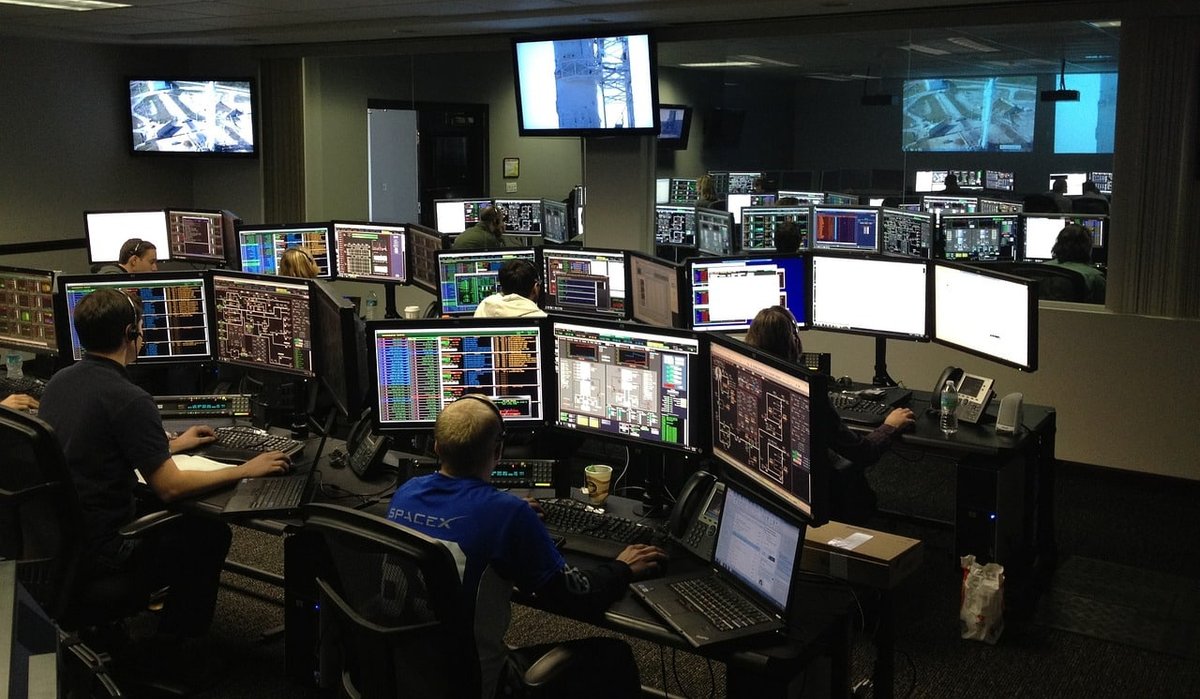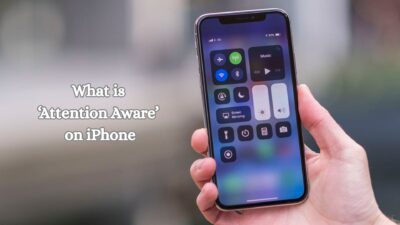Social media has changed the way people communicate. Whether it is positive or negative, we do not refrain from posting our opinions online. Obviously, the freedom to say anything is crucial, but from a brand’s point of view, you need to monitor everything that is being said about you. Media monitoring is a way by which a brand can see when there is a mention of its name in any media, be it traditional or online. To learn about media monitoring, media tracking, and more, keep reading.
What is media monitoring?
It is the process of going through various media platforms in order to see what is being said or discussed about a brand. In simple terms, media monitoring means listening to the conversations. Before the rapid digitalization, it was an easy cut-and-paste job. All one had to do was paste the articles from newspapers and magazines into a handbook. However, social media has made it a more hectic process.
Why is media monitoring important?

Media monitoring is the main factor behind any firm’s long-term success. You can stay updated about your surroundings, that too, with very few resources. But why is that important? Here are some reasons:
1. Builds a strong brand identity
A strong brand identity is the foremost factor to focus on in today’s competitive landscape. To analyze the audience’s opinions about your brand, you need them to be aware first. Ask yourself whether your customers understand what your brand is about. With media monitoring, you can provide concise information, and eradicate any misconceptions, ultimately building a strong brand identity.
2. Image and crisis management
With media monitoring, you can thoroughly check what is written about your brand. It could be both positive and negative; so, you can appreciate the positive comments, work on the negative feedback, and provide your customers with satisfaction. In the case of a potential crisis, it’s easy to overcome it with media monitoring. Nonetheless, even if it turns into a crisis, you can craft an effective crisis communications response strategy.
3. Do a competitive analysis
Frankly, it’s very important to find out what your competitors are communicating to the target audience. Media monitoring tells you about their strategies and you can build a strategy in advance. Apart from their achievements, you can also check where your competitor is lacking and inculcate those factors in your plan.
4. Measure the effectiveness of your efforts
It’s very convenient to see whether you got the expected reaction from the audience on a particular thing. This helps you make thoughtful decisions based on the data you collect. It’s time-saving and allows you to target your productivity at more creative things. Nevertheless, reports and insights will help you design better strategies.
5. Develop innovative content
Experienced individuals know the importance of bringing newness into the content. Yet, the media is flooded with content of the same kind. Media monitoring helps you find relevant trends and keywords to generate creative content.

How do you do media monitoring?
1. Decide what you want to track
Having a fixed plan is important. Try focusing on the right areas.
2. Monitor your competitors
By looking at what people say about your rivals, whether it is positive or negative, you can plan your strategies accordingly.
3. Avoiding irrelevant keywords
To avoid being stuck under a pile of irrelevant data, you need to avoid wrong keywords. You should decrease the number of words and phrases to follow to get meaningful insights rather than useless information.
4. Work on the output
Evaluation and analysis are the keys to a better brand image and reputation. Interpret and enhance your strategies based on the data received, whether it is positive, neutral, or negative.
Also Read – What is xFi Complete? Review, Pricing, and Comparisons
Is media monitoring and media tracking the same?
There is a very tiny difference between the two terms. Media monitoring means monitoring every time your brand is mentioned in any form of media. Its purpose is to take feedback and mitigate risks. Meanwhile, media tracking means keeping a record of everything that has happened over a period of time. This helps you analyze your progress closely and see what worked out for you over time.
What is media monitoring in advertising?
When talking about the advertising industry, media monitoring involves checking the progress and response of a particular ad on various platforms. Brands, usually, take the help of media monitoring services, who are experts in utilizing advertising monitoring tools. This way, companies get a detailed idea about the success of their advertising campaigns and the response they garnered from them.
Final Words
To sum up the article, media monitoring is a very beneficial approach if used in the right manner. Many brands have been leveraging some of the best tools in order to stay informed about the latest trends and people’s opinions. So, if you are also looking to get deep insights into specific factors, get your hands on a media monitoring tool today.




